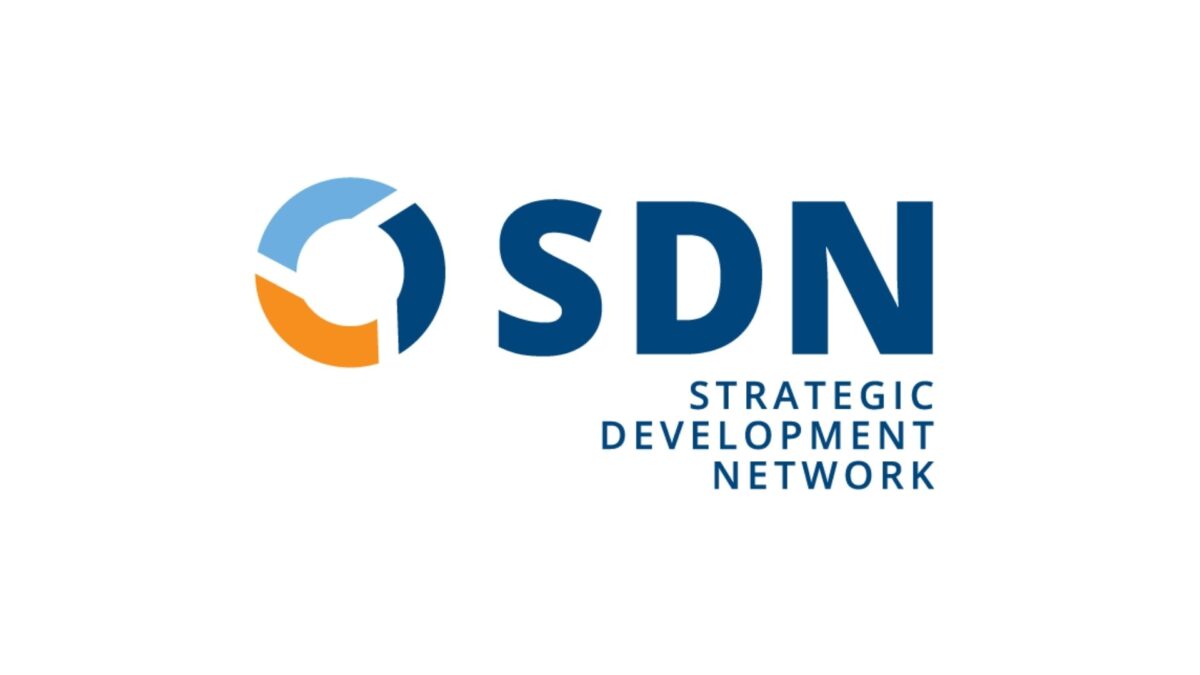End-point assessors are in demand – but is it the right option for me? Here are six pointers


End-point assessors are in demand. More will be needed as end-point assessments keep ramping up.
End-Point Assessment Organisations (EPAOs) continue to be on the look-out for the right people, with the right industry knowledge and the right assessment expertise.
It’s an opportunity, but is it the right option for you? Here, we’ve set out six pointers to help you understand more about the role, what’s required and the options available to you.
What are my options?
Firstly, make sure you fully understand the options and opportunities of becoming an end-point assessor:
- There are opportunities to work on a permanent basis directly for an End-Point Assessment Organisation (EPAO) – this would be your main role
- There are freelance opportunities, where you work for several EPAOs or fit end-point assessment around other commitments. Many EPAOs are keen to build their freelance assessor databases
- You may be working in a specialist role in industry but want to add value to your sector by assessing the next generation of skilled workers whilst continuing in your role. EPAOs in the STEM sectors are particularly interested in assessors from this route
- You may be employed by a training provider but become an end-point assessor on an ad-hoc basis, allowing you to share best practice within your organisation and informing your on-programme curriculum and delivery. Several EPAOs are exploring this approach to meet demand at particular points in the year
“Ok” you might think, “I understand my options, but where do I start?”
Here are six steps…
1 – You must have a clear understanding of what end-point assessment is
End-point assessments are carried out by independent assessors. You will have had no prior relationship with the apprentice you are assessing. Your role is focused on making thorough and consistent judgements about whether the apprentice is competent in their job role – in particular, whether they have met the knowledge, skills and behaviours detailed in the apprenticeship standard.
2 – Get to grips with the assessor requirements specified in the assessment plan
Find the apprenticeship standards you’re interested in assessing and start to unpick the assessment plan (you can find these here). Assessment plans explain the key elements of the end-point assessment, and in some cases outline the requirements and qualities of the end-point assessor.
The most common requirement for end-point assessors is the need for up-to-date relevant industry experience. Start to think about how you will evidence this. Do you have recent experience in the industry in which you want to assess? Do you understand the latest industry practices, trends, and technology? If not, how might you work with your industry employer contacts to update your industry knowledge and skills?
3 – Become familiar with the assessment methods and practices you will encounter
Apprentices are assessed using a wide variety of methods and practices. Each end-point assessment method will need to be set up and carried out by the end-point assessor in a way that is robust, impartial, and takes account of the apprentices’ context, so it’s important to have a good understanding of the assessment methods that are used for the standards you are interested in and what this means in practice.
Take grading, for example. As an end-point assessor, you will need to work to the grading criteria set out either in the assessment plan or by the EPAO, be confident in your judgments and be able to clearly justify, evidence, report and feedback on grading decisions.
4 – Speak to EPAOs about their specific requirements
There are several hundred government-approved EPAOs, with the majority on the lookout for freelance and permanent end-point assessors. To recruit quality end-point assessors, some EPAOs will have requirements over and above those laid out in the assessment plan, so contact the ones assessing standards in your sector to find out their expectations.
They may, for example, require industry or assessment qualifications or experience, or successful completion of an internal training programme.
The Register of End-Point Assessment Organisations provides a full list of EPAOs, their contact details and the standards they are approved to assess.
5 – Map out your training and continuous professional development (CPD)
End-point assessment is different to traditional vocational assessment – it is high-stakes. Apprentices pass and fail according to your assessment of their competence.
If you’re thinking of becoming an end-point assessor, this may feel a bit daunting. SDN runs an accredited Level 3 Undertaking End Point Assessment Award to help potential end-point assessors prepare to deliver robust end-point assessments and prove their credentials to hiring EPAOs. The course is also helpful for trainers who want a better understanding of what their apprentices will face at the end-point.
In addition to the core content, we include insights from our work with over 60 EPAOs, as well as specific content on remote assessments.
You can find details about our upcoming cohorts here, as well as our in-house course.
If you have several staff who would benefit, let us know and we’ll send you details of the most cost effective way of accessing the course. Any questions, please email the SDN events team: [email protected]











Responses